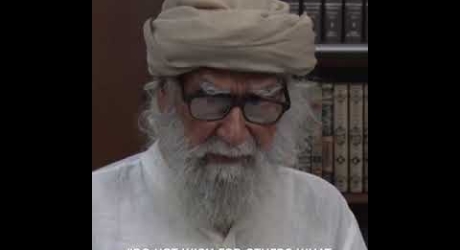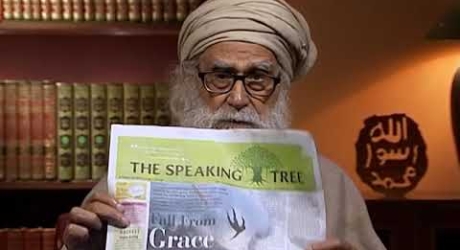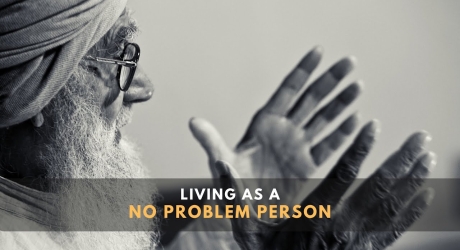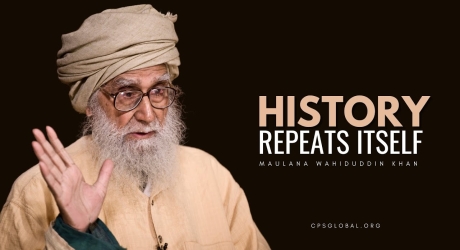The Islamic moral principle is to not punish, but to forgive. If you punish a person, that won't affect him. But if you forgive, he will repent and develop the spirit to never do the same.
When the Prophet migrated from Makkah to Madinah, the first task he did was to build a mosque. This mosque still exists and is called Masjid-e-Nabawi. Today it is a very large mosque and many people gather there daily. When the mosque was newly built, an incident occurred there. An Arab bedouin came to the mosque, a very ordinary place then, and desecrated it. The Muslims became angry at this profanity. They went after the bedouin to censure him. But the Prophet advised them to leave the man. He asked the Muslims to simply pour water over the spot the bedouin had dirtied. (Sahih al-Bukhari 6128) This tradition appears in Bukhari and other books of Hadith. It tells us about the moral principle of Islam. The Islamic moral principle is to not punish, but to forgive. If you punish a person, that won't affect him. But if you forgive, he will repent and develop the spirit to never do the same.











